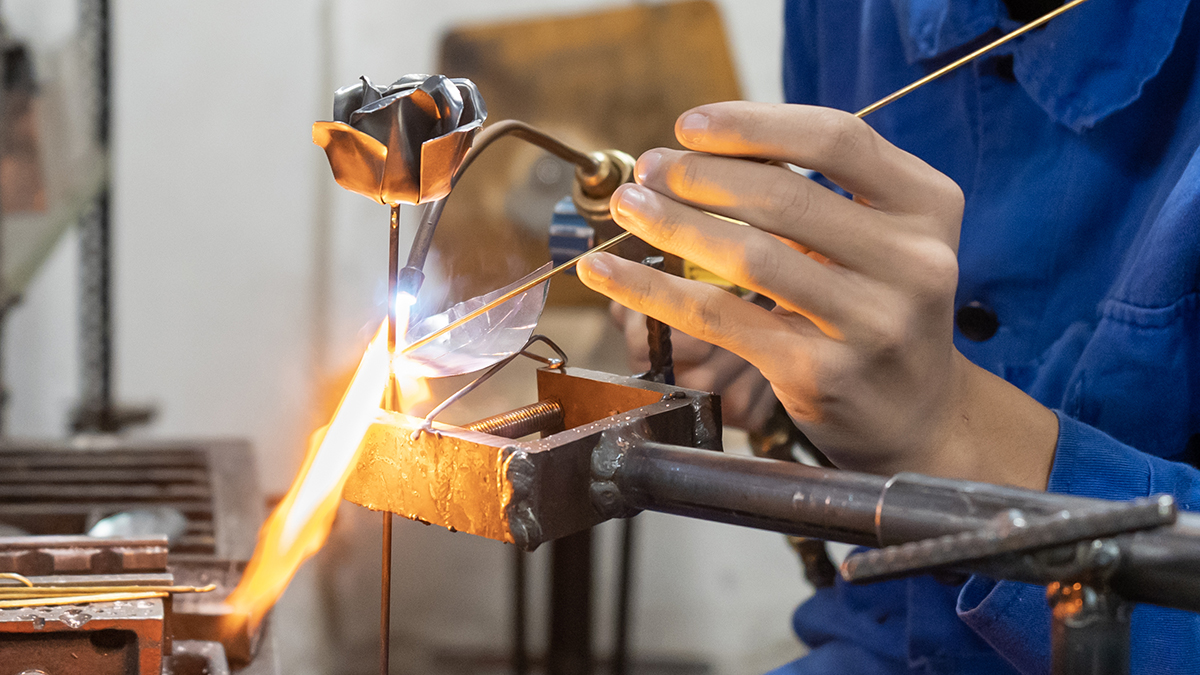Key points
- Lead and other heavy metals can alter men's hormones and affect sperm health, reducing fertility.
- Exposure to lead and other heavy metals before or during pregnancy might increase risks of miscarriage, stillbirth, and birth defects.
- Lead and other heavy metals can enter breast milk and harm a child's brain development.

Why I should be concerned about lead and other heavy metals
Adults and children can become very sick when they have a lot of heavy metals, like lead, in their bodies.
Working with lead or other heavy metals could also increase your chances of having some reproductive health problems. These include effects on hormones, reduced fertility, or having a miscarriage, stillbirth, or a child with a birth defect. Heavy metals can also affect a baby's developing brain.
If you have heavy metals in your body, the metals can enter your semen or breast milk. If your baby drinks your breast milk that contains heavy metals, they will enter your baby's body. This can have long-term effects on the neurodevelopment of your child.
Some examples of heavy metals are:
- Lead
- Cadmium
- Cobalt
- Mercury
- Nickel
Who is at risk

Exposure is most common in these workers:
- Construction or home renovation workers
- Miners
- Firing range employees or those who do target shooting
- Smelters
- Stained glass makers or other artists
- Battery or electronics recycling workers
- Welders
What I can do to reduce or eliminate exposure
At work, metals can get into your body by breathing in dust or fumes or by swallowing them. This can happen if you touch the metals and don't wash your hands before eating. Wash your hands with a lead-removing soap before leaving work, and before eating or smoking. Learn more about how to protect yourself or your employees from lead in the workplace.
Avoid bringing the heavy metals into your car or house by changing your clothes and shoes before entering your house. Learn more about take-home exposure.
Wear personal protective equipment like gloves, protective clothing, or a respirator. Respirators are sometimes worn to reduce the amount of certain chemicals that workers breathe in.
To be effective, respirators must be used correctly. If you are pregnant and using a respirator, learn more about respirators and pregnancy. Talk to your doctor and your employer about what types of personal protective equipment you need for your job.
If you work with lead and are pregnant or breastfeeding, ask your doctor about getting your blood lead levels tested.
Resources
Getting help
You can talk to your supervisor or occupational safety officer about possible heavy metal exposures where you work.
For information on the Pregnant Workers Fairness Act, please see resources from the U.S. Equal Employment Opportunity Commission (EEOC) website.
Talk to your doctor about your work. Your doctor can give you information about avoiding heavy metal exposure.
Where I can get more information
Your doctor can give you information about getting your blood tested, if needed.
- Learn more about lead.
- Learn more about heavy metals.
Guidelines on lead and pregnancy/breastfeeding for healthcare professionals.
